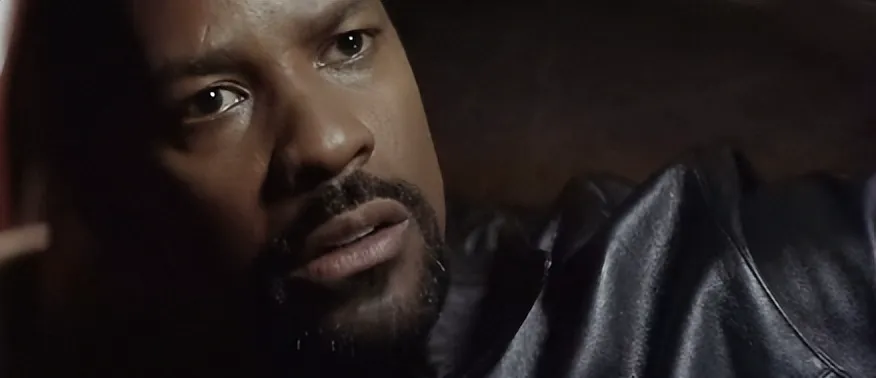“Training Day”: A Reflection of Society’s Shadows
Introduction
The film “Training Day,” released in 2001, emerged from a period marked by societal anxieties and uncertainties. The United States was grappling with the aftermath of events like the 1992 Los Angeles riots, the 1995 Oklahoma City bombing, and the contested 2000 presidential election. These incidents collectively heightened public concerns about social order, crime, and the reach of governmental power.
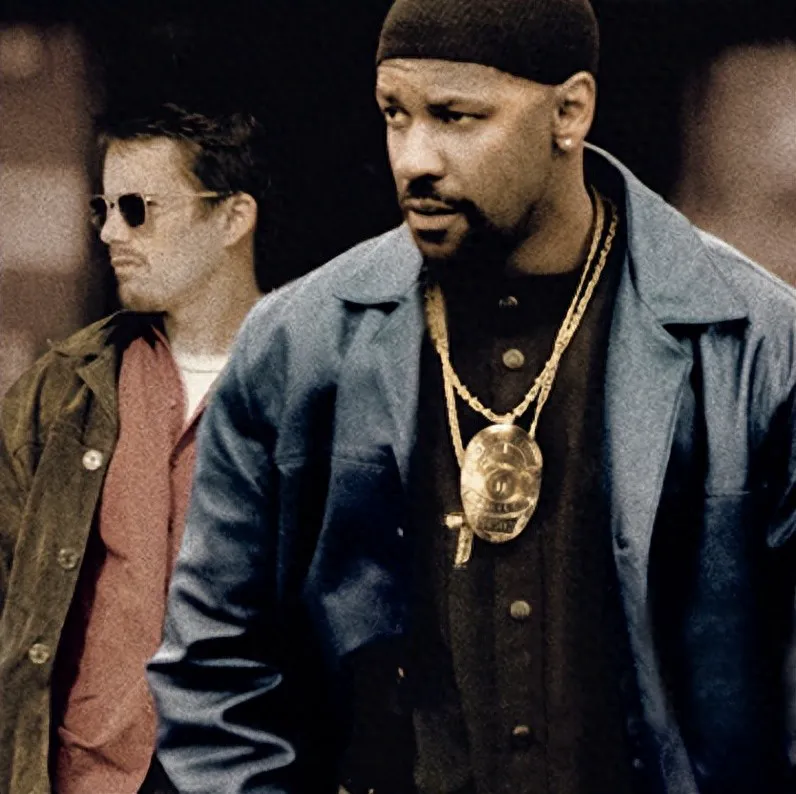
Synopsis
“Training Day” unfolds in a Los Angeles plagued by high crime rates, rampant drug trafficking, and gang violence. The city’s social fabric is strained by poverty and inequality, fueling public discontent. In response, the police force adopts increasingly aggressive tactics to combat crime and maintain order.
The film centers on Alonzo Harris, a narcotics detective whose methods are as effective as they are controversial. Alonzo’s character reflects societal anxieties about police corruption and abuse of power, issues that plagued law enforcement agencies at the time. Through Alonzo, the film explores the ambiguous boundaries between morality and justice, prompting viewers to question individual actions and ethical choices.
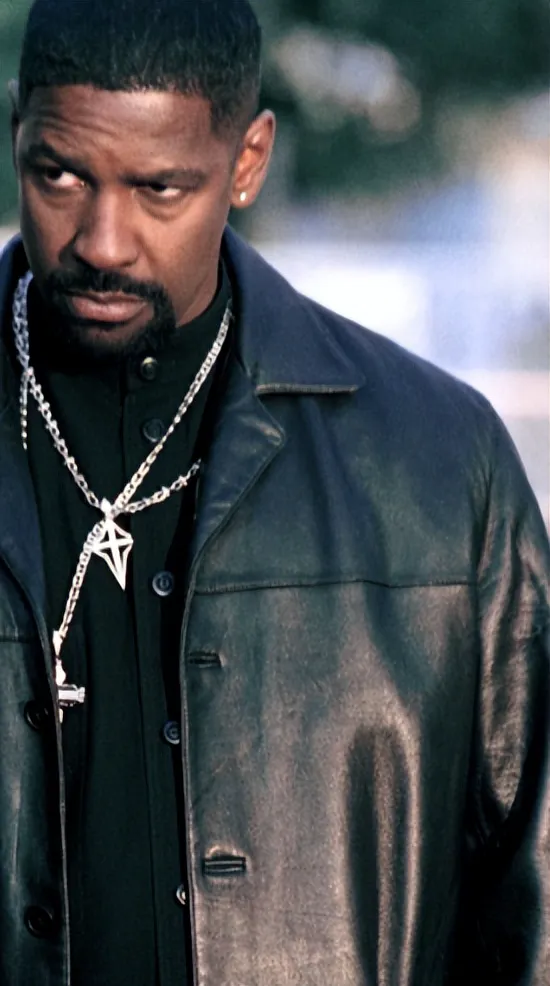
Set against this backdrop, “Training Day” paints a portrait of a city consumed by crime and corruption, mirroring the societal concerns of its time and sparking profound reflections on power, morality, and justice.
Social Commentary in “Training Day”
“Training Day,” released in 2001, serves as a potent commentary on the social issues of its time. Set against the backdrop of Los Angeles street policing, the film exposes a city in decay, rife with crime and poverty. Through the eyes of rookie cop Jake Hoyt, played by Ethan Hawke, viewers are granted a stark glimpse into the corruption and violence festering within the police system.
The narrative follows Jake’s “training day” under the tutelage of Alonzo Harris, portrayed by Denzel Washington. As the day progresses, Alonzo’s true colors are revealed: he is not a dedicated officer of the law but a corrupt figure deeply entangled with the criminal underworld. By exposing the rot within the police force, the film tackles themes of power abuse and moral decay, prompting audiences to confront the realities of police corruption.
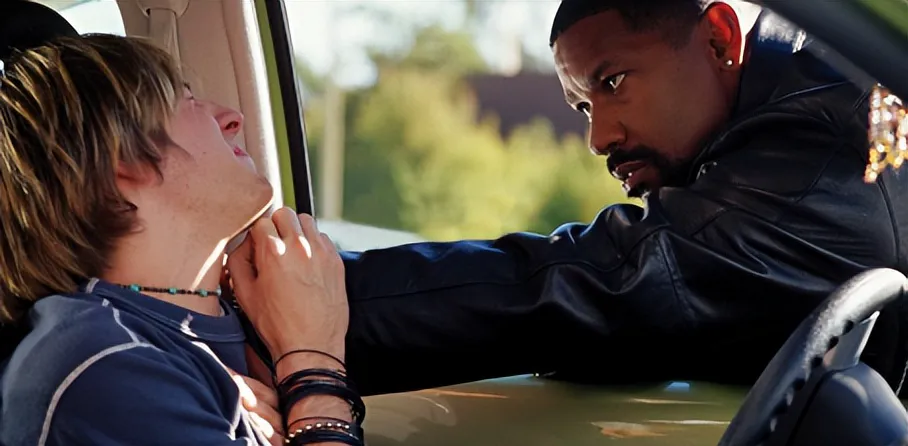
Beyond police corruption, the film also sheds light on the grim realities of crime and poverty in Los Angeles’ marginalized communities. Drug deals, gang warfare, and street violence are depicted with unflinching realism, exposing the struggles and hardships faced by those living on the fringes of society. This unflinching portrayal compels viewers to confront social inequalities and systemic failures, sparking critical discussions about these pressing issues.
“Training Day” serves as a stark reminder of the social ills that plague society, prompting reflection on issues of power, ethics, and justice. By confronting these uncomfortable truths, the film encourages dialogue and action towards meaningful social reform.
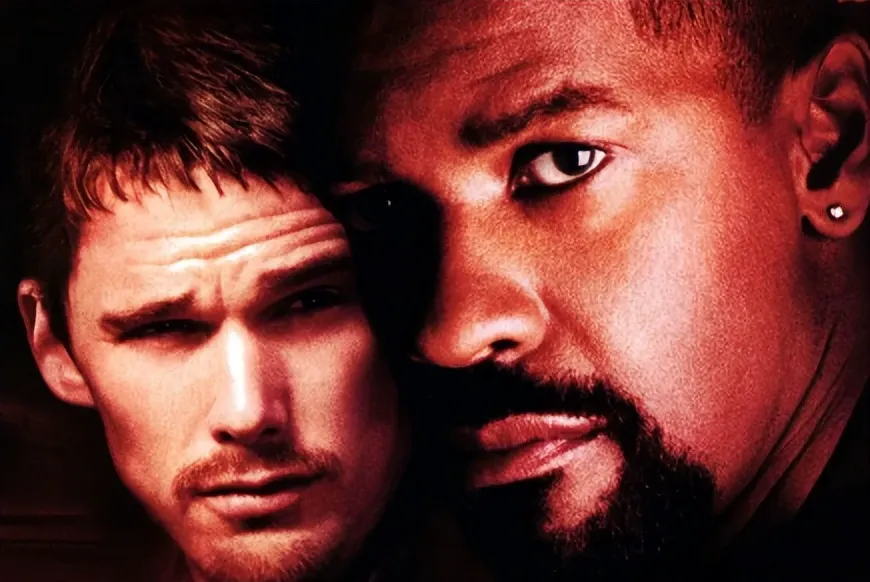
Relevance to Contemporary Society
“Training Day,” while set in the Los Angeles of the early 2000s, continues to resonate with contemporary society due to its exploration of enduring themes such as police corruption and social injustice.
The issue of police corruption, as depicted in the film through Alonzo Harris’s abuse of power and involvement in illegal activities, remains a persistent problem in modern society. Reports of police misconduct, excessive force, and corruption continue to surface, eroding public trust in law enforcement agencies.
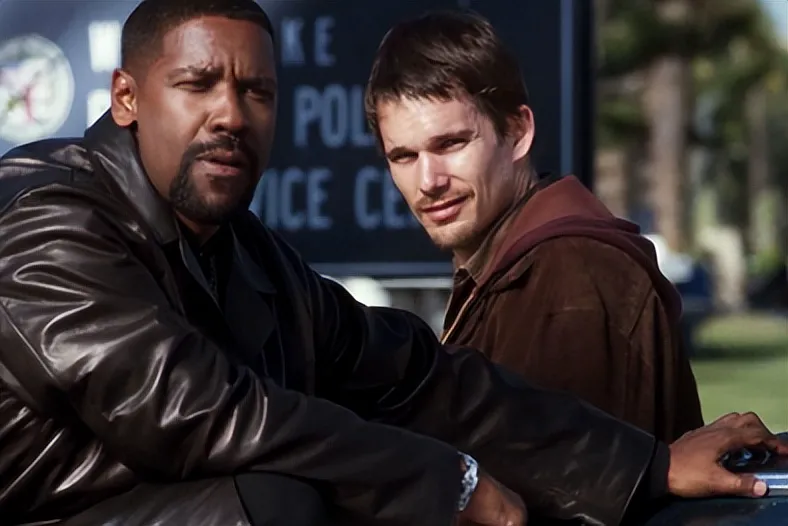
Furthermore, the film’s exploration of moral boundaries and ethical dilemmas remains relevant in today’s complex world. Characters grapple with difficult choices in morally ambiguous situations, mirroring the challenges individuals face in contemporary society when confronted with economic pressures, ethical ambiguities, and societal norms.
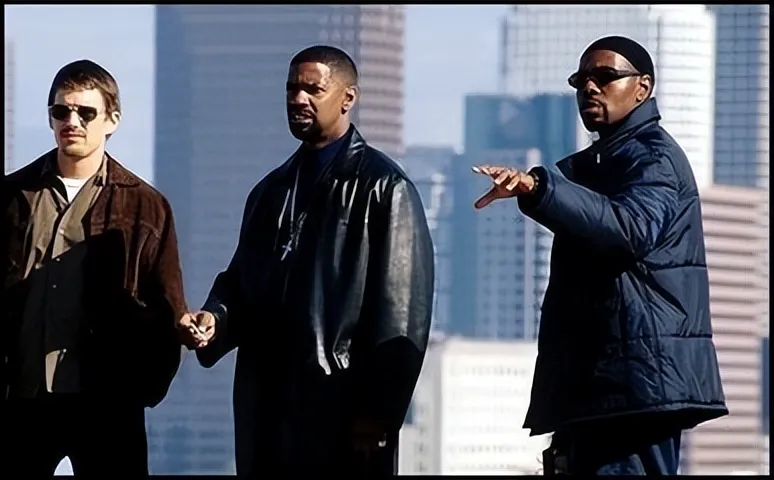
The film’s depiction of social inequality and racial tensions also mirrors contemporary challenges. The portrayal of impoverished communities and the racial dynamics between law enforcement and minority groups reflect ongoing struggles for social justice and equality in modern society.
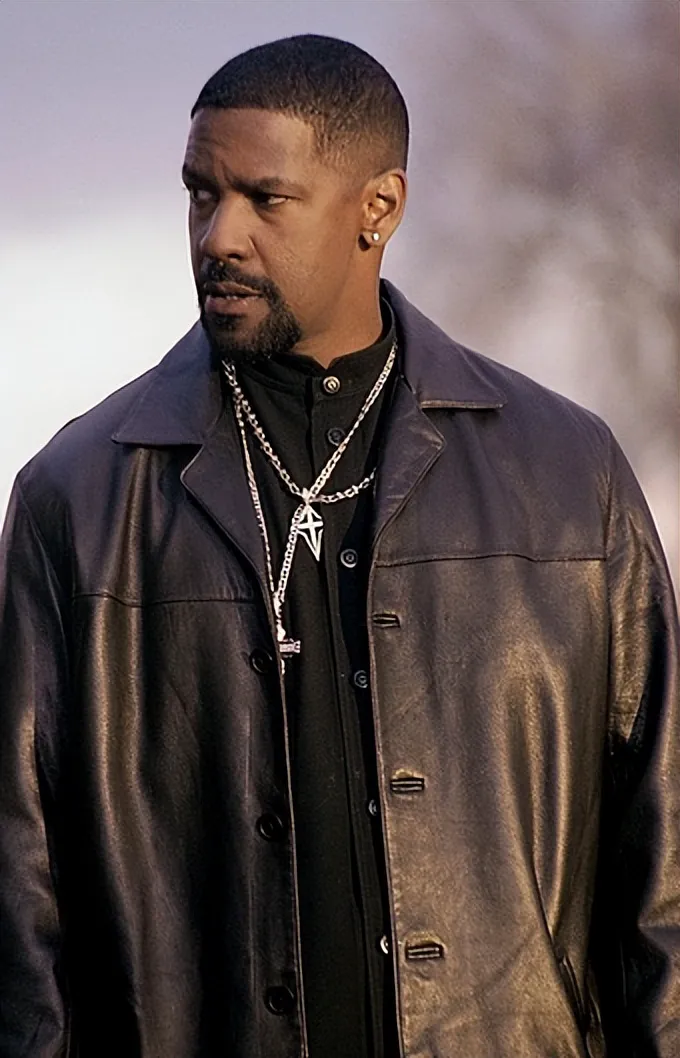
Power and Corruption
“Training Day” delves into the corrosive relationship between power and corruption through the character of Alonzo Harris. As an elite narcotics detective, Alonzo wields his authority to manipulate and control those around him, blurring the lines between justice and personal gain.
Alonzo employs coercion, intimidation, and violence to maintain his grip on power, extorting local businesses, facilitating drug trafficking, and operating above the law. He views himself as an untouchable figure, unbound by ethical constraints.
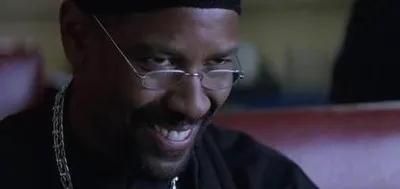
Through Alonzo’s descent into corruption, the film illustrates how unchecked power can erode moral values and ethical standards. His position shields him from accountability, allowing him to justify his actions and rationalize his transgressions.
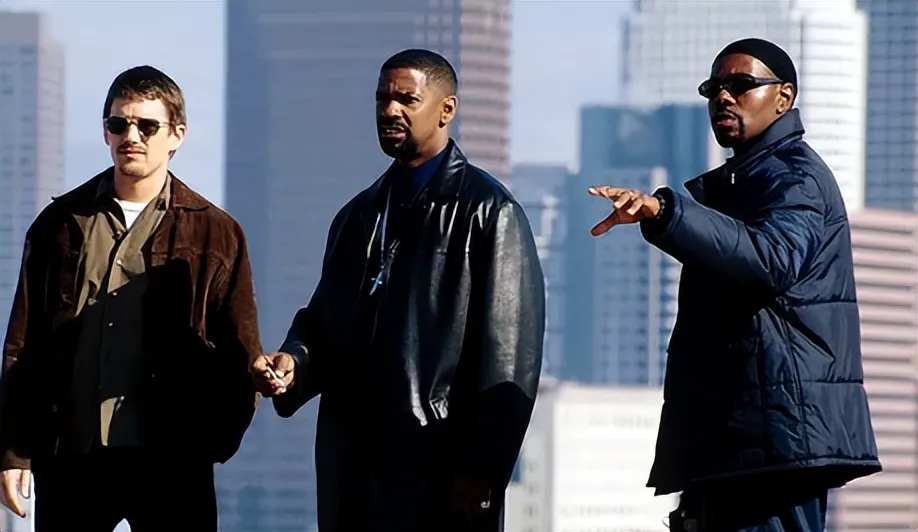
By exposing the corrupting influence of power, “Training Day” serves as a cautionary tale about the dangers of unchecked authority and the importance of ethical leadership. It prompts viewers to reflect on the responsibilities that accompany power and the potential for abuse when those responsibilities are ignored.
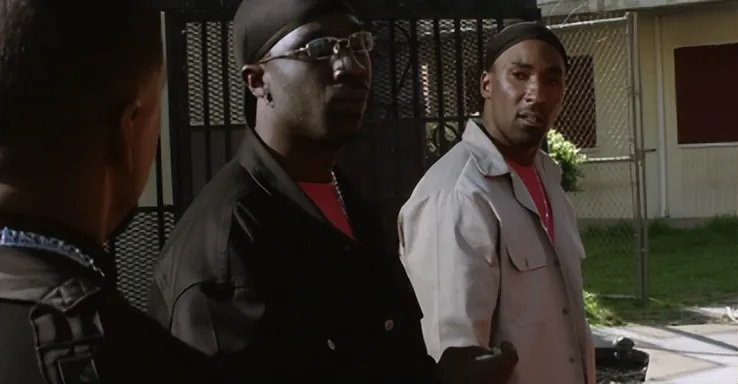
Morality and Justice
“Training Day” delves into the complexities of morality and justice through its compelling narrative and character development. The film raises profound questions about how individuals maintain their moral compass and pursue justice in a corrupt and morally compromised environment.
The contrast between Alonzo Harris, a corrupt and power-hungry police officer, and Jake Hoyt, an idealistic rookie cop, highlights the tension between moral decay and the pursuit of justice. Alonzo represents the erosion of ethical values, while Jake embodies the struggle to uphold integrity in the face of temptation and pressure.
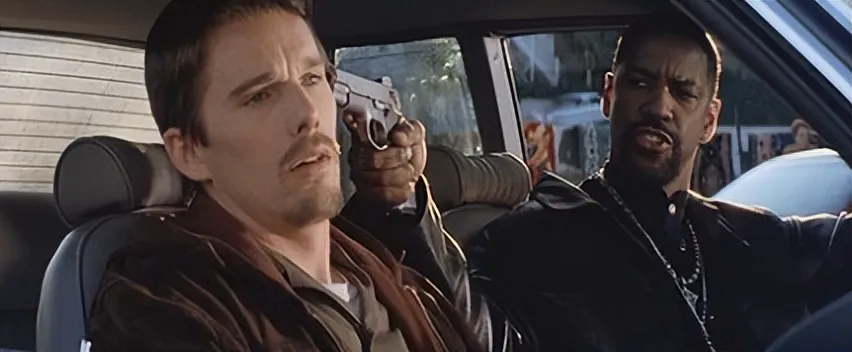
Through the moral struggles and conflicts depicted in the film, viewers are challenged to consider the value of ethical principles and the importance of making the right choices, even in the face of adversity. “Training Day” underscores the idea that individuals have the power to choose morality and fight for justice, even in the most corrupt of environments.

Crime and Moral Boundaries
In “Training Day,” the theme of crime and moral boundaries takes center stage as the film explores the ethical dilemmas faced by law enforcement officers in a high-crime environment.
Alonzo Harris, a corrupt narcotics detective, operates in a morally ambiguous world where the lines between right and wrong are blurred. His actions, which include violence, drug trafficking, and extortion, raise questions about the limits of law enforcement and the justification of using immoral means to achieve justice.
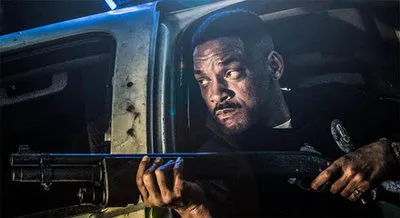
The film challenges viewers to consider whether the ends justify the means and whether moral boundaries can be compromised in the pursuit of justice. Alonzo’s utilitarian approach, where the greater good justifies his immoral actions, forces viewers to confront the complexities of ethical decision-making in extreme circumstances.

“Training Day” ultimately raises profound questions about the nature of justice, the limits of power, and the importance of upholding moral principles, even in the face of adversity. By exploring the blurred lines between crime and morality, the film prompts viewers to reflect on their own values and beliefs.
